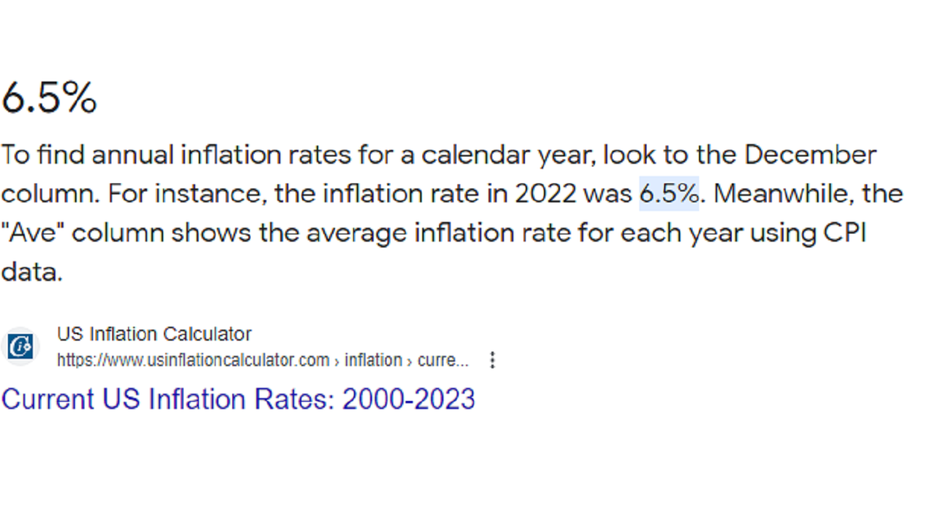'In Her Hands' fund allows financially struggling Black women to dream again
What is the In Her Hands fund?
One of largest guaranteed income programs in the Southeast has changed lives. It's been about a year since Black women in Atlanta’s Old Fourth Ward first started receiving financial assistance through The Gro Fund's In Her Hands program.
ATLANTA - With a newborn and skyrocketing costs for rent and transportation, Shamarra Woods was ready to abandon Atlanta last spring.
"I only had enough to pay rent and bills. [There was] not enough for food or gas," she said.
If it weren't for the GRO Fund's "In Her Hands" program, which provides eligible women with about $20,000 over two years, she says she doesn't know where she'd be today.
"That money has gone toward childcare," she said. Nationwide, that can run a family back more than $1,200 a month.
"In Her Hands" supplies Woods and dozens of other women across metro Atlanta and south Georgia about $700 a month.

According to a business and research organization, The Conference Board, in 2022, salary increases were on average 3.5%. By contrast, the US inflation calculator shows the inflation rate in 2022 was 6.5%.
A 2021 Goldman Sachs study shows Black women make less in the labor market and face job-related economic disadvantages.
The fund's founder, Hope Wollensack, says she created the financial aid program to help women of color, who have exhausted all their possibilities.
"A lot of people have purchased a better used car, so they can get to work and school more reliably. They've used the money to buy new school clothes," she explained.

Sometimes finances can put dreams on hold.
"One of my career aspirations is to be a project manager and restart my business," Woods said. "But with inflation, I've been considering working more to offset expenses."
That means saving for small business costs just isn't possible right now, but Woods says the program prevents her from going into debt to provide necessities for her family.
In early 2022, FOX 5 first report about "In Her Hands" and how its namesake comes from a Martin Luther King speech.
A year later, women like Woods have less on their plate and can begin to dream again...
Next April, applications for the Vine City and English Avenue cohort will open. Applicants must identify as women, make up to 200% of the federal poverty line, and live within the defined neighborhoods. To apply, or find more information about the program for a loved one, click here.

